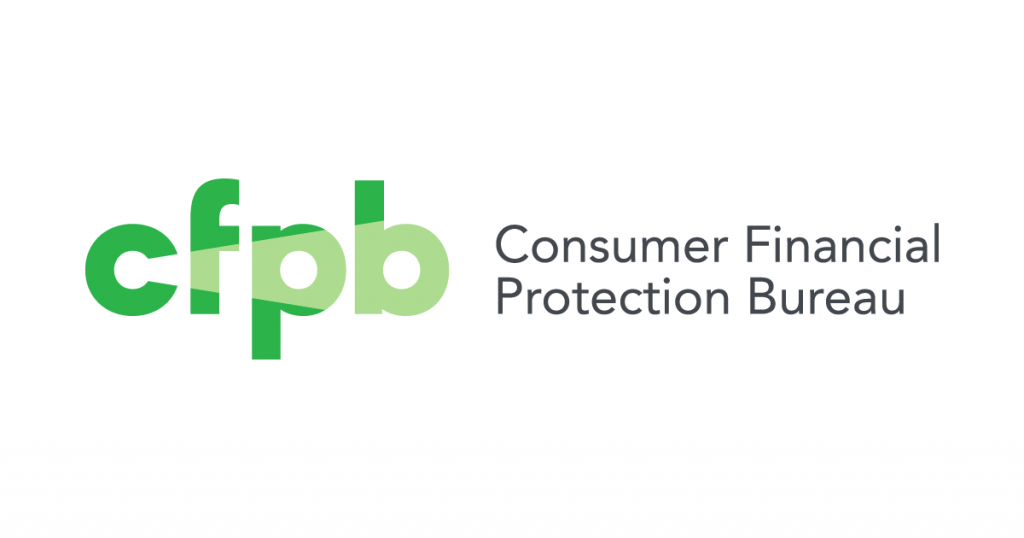

This post first appeared on the Securities Arbitration Alert blog. The blog’s editor-in-chief is George H. Friedman, Chairman of the Board of Directors for Arbitartion Resolution Services, Inc.
A coalition of over a hundred consumer advocacy groups has written to CFPB Director Chopra, urging that the Bureau exercise its Dodd-Frank authority to regulate consumer financial arbitration.
We reported in SAA 2022-21 (Jun. 2) that the Consumer Financial Protection Bureau (“CFPB”) seemed disinclined to act on arbitration. We based this surmise on Director Rohit Chopra’s semi-annual report to Congress in April, when neither he nor any Senate Banking Committee members mentioned arbitration. The Committee’s two-hour hearing, The Consumer Financial Protection Bureau’s Semi-Annual Report to Congress, was held April 26. Perusal of the hearing video (available here) or Director Chopra’s five-page prepared remarks shows that the term “arbitration” was not mentioned.
Arbitration Not Included on Latest Agency Rule List
We later reported in SAA 2022-27 (Jul. 14) that the CFPB had published its Spring 2022 Agency Rule List, which lists regulatory initiatives the Bureau: “reasonably anticipates having under consideration during the period from June 1, 2022 to May 31, 2023.” Five items were listed, but arbitration was not one of them. We said in # 14 that, given past events and resource limitations, arbitration’s absence from the Bureau’s priorities was not surprising. Recall that Dodd-Frank section 1028 directs the CFPB to study the use of PDAAs in contracts for consumer financial products and services, to later report to Congress, and to ban, limit or impose conditions on their use if such action: “is in the public interest and for the protection of consumers.” Alert readers may recall that the CFPB did indeed issue the required report to Congress and later promulgated a rule banning class action waivers. However, before it became effective, the Final Rule was retroactively nullified in November 2017, when President Trump signed into law H.J. Res. 111, a Joint Disapproval and Nullification Resolution (see SAA 2017-41). Congress had exercised its authority under the Congressional Review Act, (“CRA”) 5 USC §§ 801 et seq., which allows that body to legislatively nullify any regulation within 60 legislative/session days of its publication. Under the CRA, a substantially similar reg cannot be reintroduced without the express permission of Congress.
Renewed Call for Action
The broad coalition of consumer advocacy groups wrote to Director Chopra on September 13 urging that the Bureau to act on curbing mandatory arbitration abuses. The groups recognize the 2017 rule nullification, but note the enactment earlier this year of the Ending Forced Arbitration for Sexual Assault and Harassment Act: “which allows assault and harassment survivors to choose to file a case in court rather than be forced into arbitration, have further underscored how unfair and insidious forced arbitration is and how unpopular it is with the vast majority of the American public.” The writers:
“representing millions of consumers, call upon the Consumer Financial Protection Bureau (CFPB) to continue its work and exercise its explicit authority to limit the use of forced arbitration requirements utilized by banks and financial institutions to strip Americans of their right to seek justice after being victimized by banking abuses or fraud. The Bureau’s own data confirmed that forced arbitration hurts consumers and deprives the vast majority of banking customers of the right to seek meaningful accountability; that widespread, systemic banking fraud and abuse cannot be effectively addressed in forced arbitration; and that these restrictive clauses are regularly blocking millions of consumers from seeking justice. State and federal laws exist to empower and protect consumers when banks and financial institutions violate the law, but without a regulation to limit forced arbitration, the promise of these laws will never be realized by most consumers. Forced arbitration deprives Americans of their rights in cases of banks’ clear and widespread abuse. The CFPB should act to restore those rights.”
(ed: *We’re still of the view that the CFPB has other fish to fry, but we’ll track this for a response.**For an analysis of why arbitration may not be a CFPB priority see Report: CFPB Unlikely to Undertake Consumer Arbitration Rulemaking in Near Future in the September 15 Consumer Finance Monitor.)






